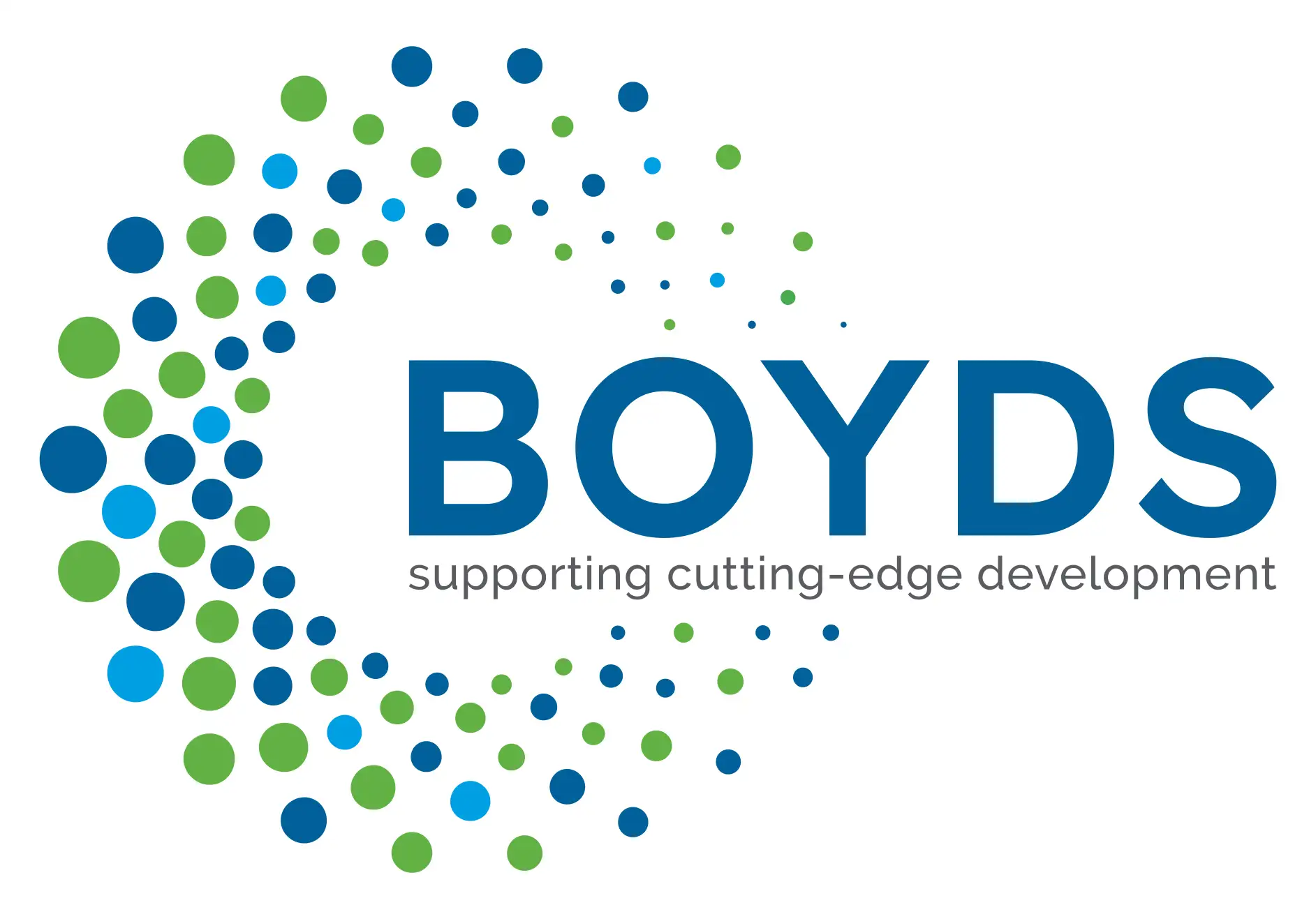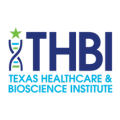The need for scientific due diligence
When companies enter into a deal, the successful outcome of that deal is subject to both parties working together to share information until an agreement can be reached. For biotech and life sciences companies, this is often achieved through scientific due diligence. Due diligence carries the simple understanding; you get what you expect and there are no surprises.
What are clients looking for from the due diligence process?
As an initial step in the partnering process, target companies will typically share some non-confidential data and claims. Once the two parties move forward, and a non-disclosure agreement is in place, more detailed scientific information is shared to back up those claims. This information ideally will be shared through a secure dataroom with a logical structure that is easy for someone not familiar with the organisation and the projects to be able to navigate.
Within the diligence process, companies are looking to ensure thorough validation of the scientific hypothesis has been carried out and that the results obtained so far agree with the story that has been presented.
Intellectual property is the lifeblood of biopharmaceutical development. Rigorous protection of the inventions must be obtained from the appropriate authorities and can be expected to be examined in detail during the diligence process.
CMC, preclinical/nonclinical and clinical data, protocols, reports and development plans, as well as regulatory documents (e.g., briefing books) and regulatory agency meeting minutes will also be a key focus for due diligence exercises, to understand the credibility of the development work being conducted and to ensure that the progress mirrors what is presented in summary information.
At Boyds, we have been entrusted by partners across the globe to carry out various types of diligence processes. Using our varied expertise, we offer a rigorous process into the different activities required in drug development. A snapshot of some of the due diligence projects we have undertaken to date are presented below.
- To support a client’s decision whether to invest in a CDMO with facilities in several countries, producing investigational medicinal products and approved products for the market. The Boyds team was asked to carry out technical, operational and commercial due diligence, involving a review of infrastructure at two facilities. Initially, we undertook a desktop exercise, collating all information available in the public domain describing the services provided by customers. These claims were then thoroughly investigated through site visits, examination of order books and interviews with management, current staff, former employees and clients, to gather real world intelligence concerning the target company’s capabilities, which were handled with the utmost sensitivity. Two reports were then presented to the client, one summarising the activities and findings from the entire due diligence exercise, and a second summary ‘red flag’ report, highlighting the key investment risks.
- Prior to committing to proceeding with a clinical study, a client wanted to be assured that the bioanalytical CROs chosen to carry out the analysis of clinical samples were fully qualified and capable of delivering this service. We visited the laboratories in question to confirm that the quality management system and associated documentation were fully compliant with appropriate regulations, as well as following a sample path from the clinic through to analytical reporting, confirming that the required documentation and qualification of equipment was present. Our findings and recommendations were then provided to the client.
- Due diligence was carried out for an investment company considering an acquisition of a clinical stage company developing oncology products. We were tasked to critically assess the clinical assets, CMC activities and regulatory agency interactions. Once we had access to the secure dataroom, a rolling series of questions were raised with the developer and subsequently answered. Our recommendations to our client preceded a successful acquisition of the target company (read more about this project here).
- Investments into biotech/development companies are tranched, with further financing triggered by the attainment of project milestones. An investor asked us to confirm whether the data generated from a vaccine-development programme fulfilled the predefined criteria for the achievement of specific technical milestones. The client provided secure access to the project summaries and underlying data, which enabled us to review the data, engage in a Q&A cycle with the developer and eventually, enabling us to recommend to the client that the relevant milestones had been met and that further investment was warranted (read more about this project here).
Without high quality due diligence by consultants with the necessary industry experience and scientific expertise, there is a risk that investments and acquisitions could be made where the risk remains unacceptably high. Getting this essential expertise early on the process can help mitigate this risk and support sound investment decisions.
If you are interested in learning more about how Boyds can support your due diligence processes, please get in touch.









